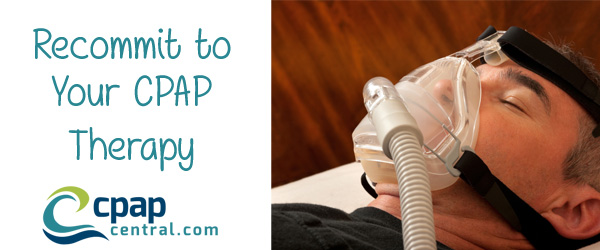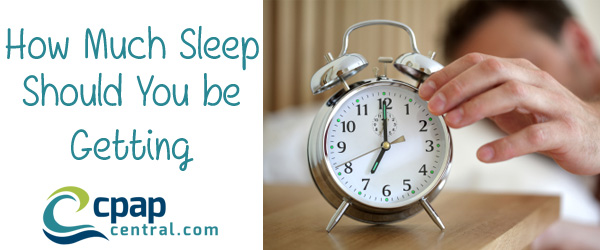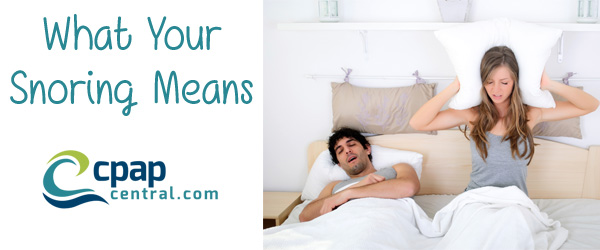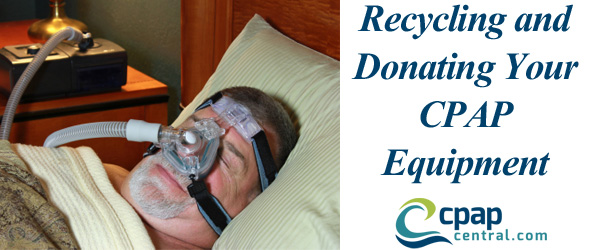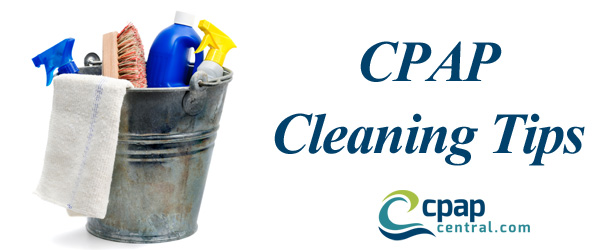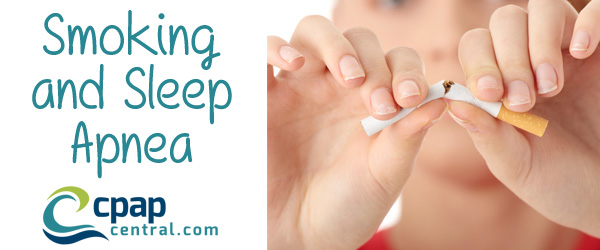
Smoking has several dangerous health impacts, including increasing your risk for developing sleep apnea.
It’s no secret that smoking can have a variety of detrimental effects on your health. But did you know that if you have sleep apnea, the effects of prolonged tobacco use can actually be more damaging and aggravate your sleep apnea?
Additionally, if you don’t have sleep apnea, smoking can actually increase your risk for developing the disorder. With that in mind, CPAPCentral.com is here to remind you of the effects that smoking can have on people with sleep apnea.
The Damages Smoking Causes
Sleep apnea is a condition that causes you to stop breathing for brief periods of time as you sleep. This can happen multiple times per night. In the case of obstructive sleep apnea, the muscles in your throat actually relax to block your airway. Smoking increases inflammation in your throat and upper airway. When this happens, there is already less space in your airway, which can cause you to develop sleep apnea, or worsen the condition if you already have the disorder.
Breathing Problems
Smoking is can greatly reduce the air capacity of your lungs. If you have been a smoker for an extended period of time, your lung capacity may be significantly reduced. Reduced lung capacity alone is a serious problem, which only becomes worse when combined with a condition like sleep apnea. This combination can put you at a greater risk for additional health problems such as COPD, heart disease, and stroke.
Quitting smoking can reduce your risk for developing sleep apnea or from having the condition worsen. Quitting isn’t easy, but there are medical professionals and support groups out there to help you. If you continue to struggle with sleep apnea after quitting smoking, CPAPCentral.com is here for you. We have CPAP machines, masks and cleaning supplies to make sure your therapy is as effective as it can be.

